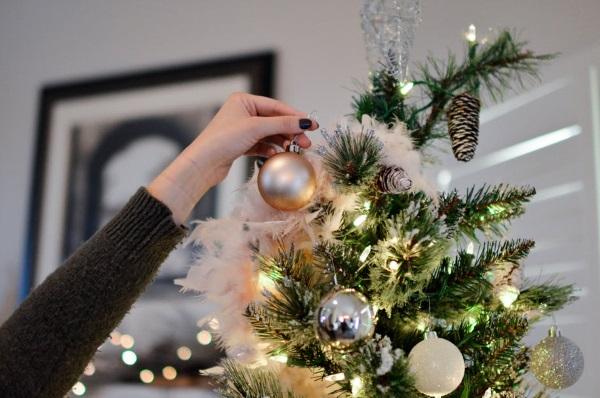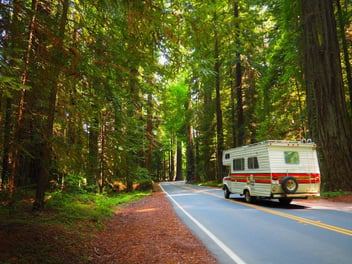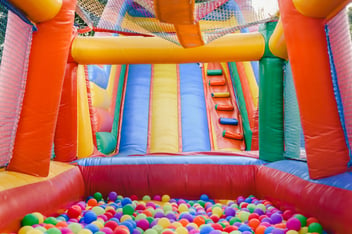It’s that time of year! Festive outdoor decorations have started to pop up in neighbourhoods across the province, bringing some cheer to our cold winter nights. But before you grab a ladder and your own string of lights, make sure you’re armed with the knowledge you need to stay safe from electrical hazards.
Below, we’ve put together the top 10 tips to help you decorate safely this holiday season. Learn the difference between red and green labels, how to avoid fire hazards, and more:
- If you’re hanging decorative lights, make sure they have a mark of approval from a Canadian certification agency, such as CSA, CUL, or ETL. This certification should be located both on the outside of the package, and stamped somewhere on the light cord itself. Less expensive lights, which are sometimes found at discount and dollar stores are often missing this certification, meaning they are not permitted for use in Canada. Review the list of approved electrical marks.
- Green labels mean the product is suitable for outdoor use, while red labels mean the lights are for indoor use only. It is not safe to use indoor-rated lights outside.
- Don’t leave your lights up year-round. Exposing lights to the elements will make them deteriorate faster, which can be dangerous.
- Replace any lights that have frayed or broken cords, and change out any burned-out lights.
- Never run cords under rugs where people can walk over them or through doorways or windows where they may become pinched. Pinched cords are a fire hazard.
- When hanging lights, avoid stapling or nailing cords as this can puncture the cord. Instead, use plastic clips made specifically for hanging lights.
- Make sure cords can handle the amperage indicated on your electrical devices, and avoid multi-outlet adaptor connections which can overload your outlet.
- Follow the manufacturer’s directions for installing and using any electrical decorations, and always turn them off at night before you go to bed.
- Consider switching to energy-efficient LED lights — they produce less heat, which reduces the risk of fire.
- Dry Christmas trees and holiday lights are a dangerous combination. If you have lights on a live tree, ensure it is kept well-watered and not allowed to dry out. This will help to avoid fire hazards.
And here’s one last tip for a safe and festive season: check to see if you have Arc-Fault Circuit Interrupters (AFCIs) installed in your home, which protect from arc-faults.
Learn more about arc-faults and how AFCI Technology can help protect your home.


.png?width=352&name=MicrosoftTeams-image%20(10).png)

